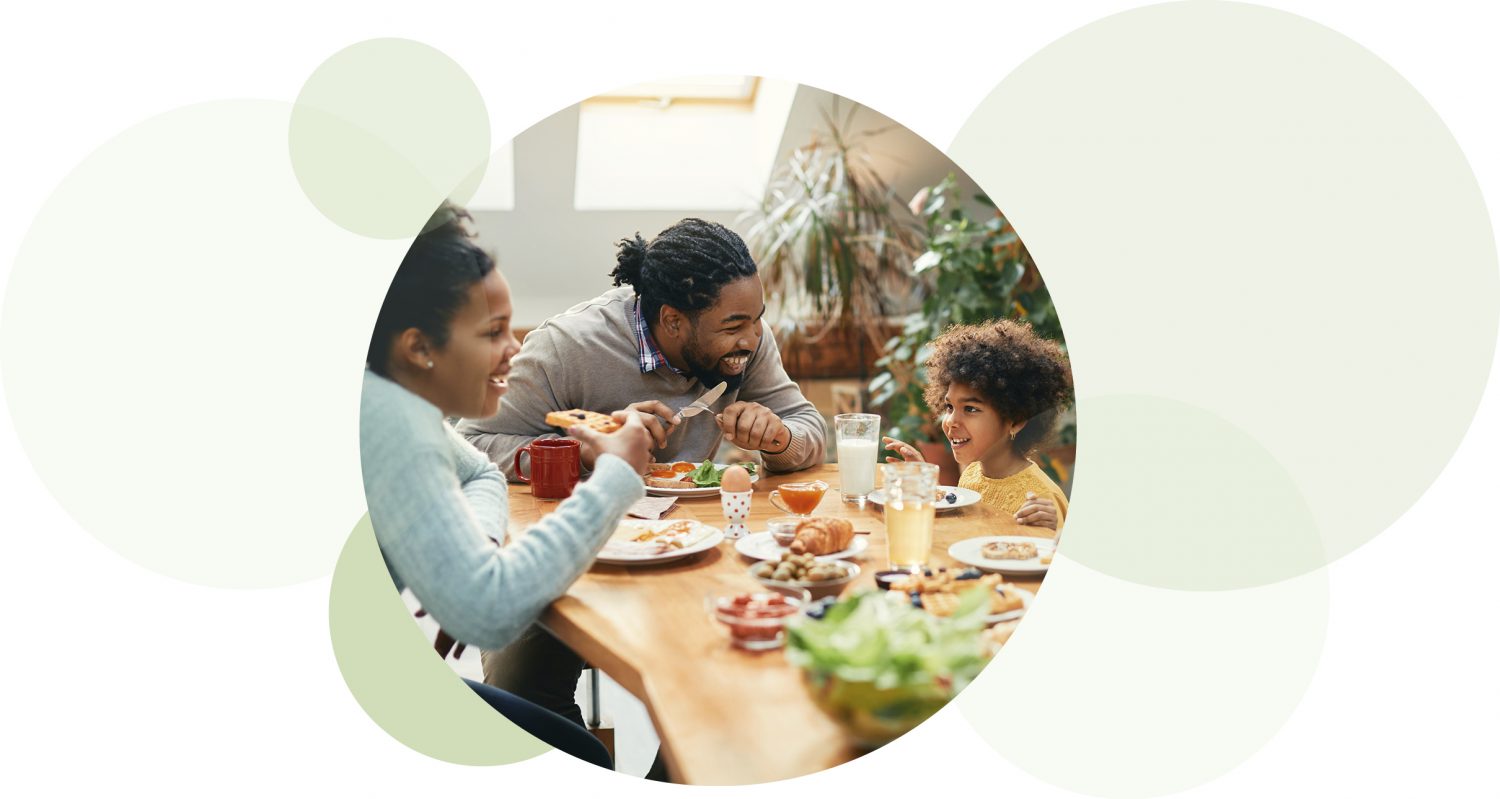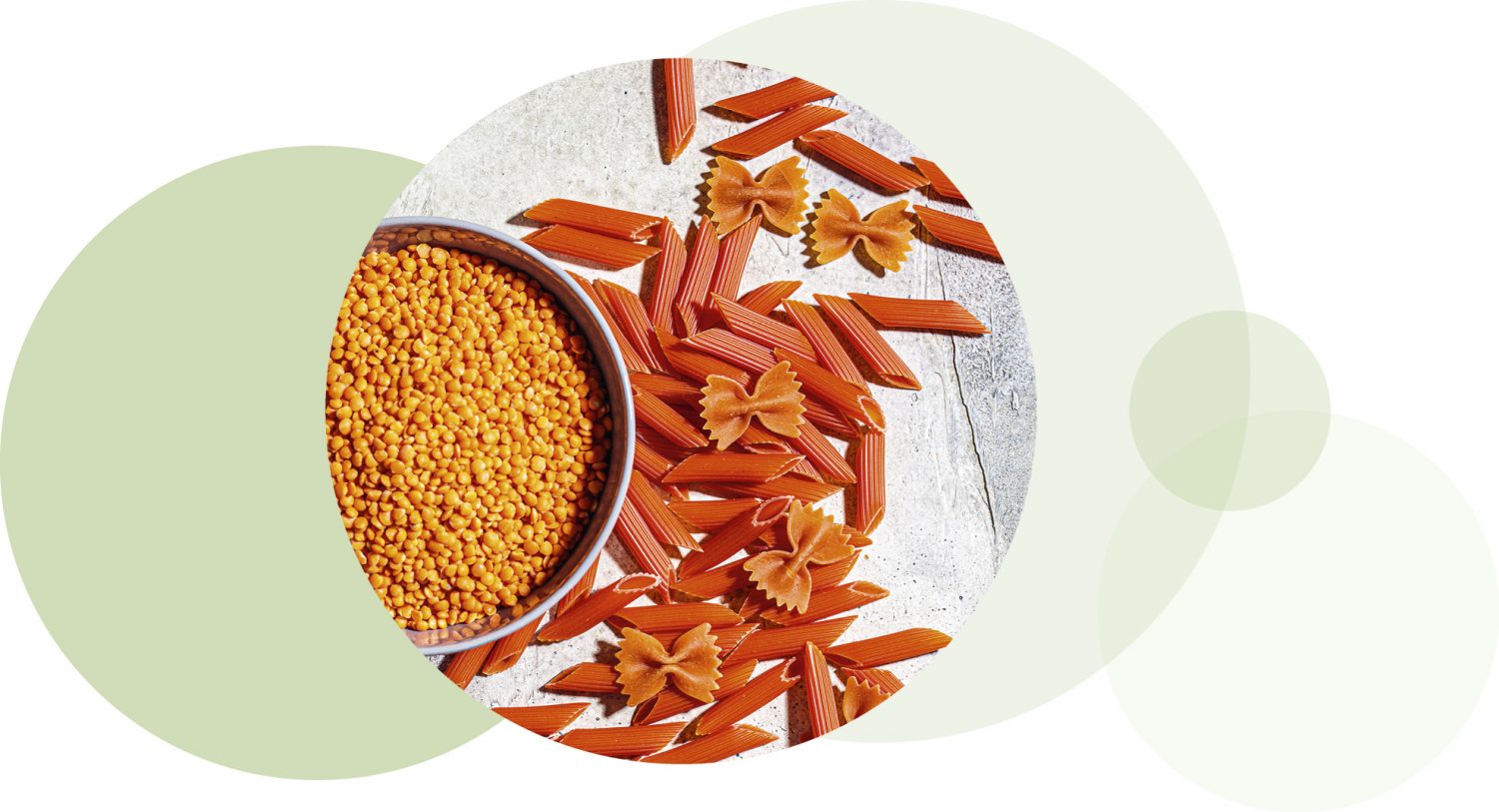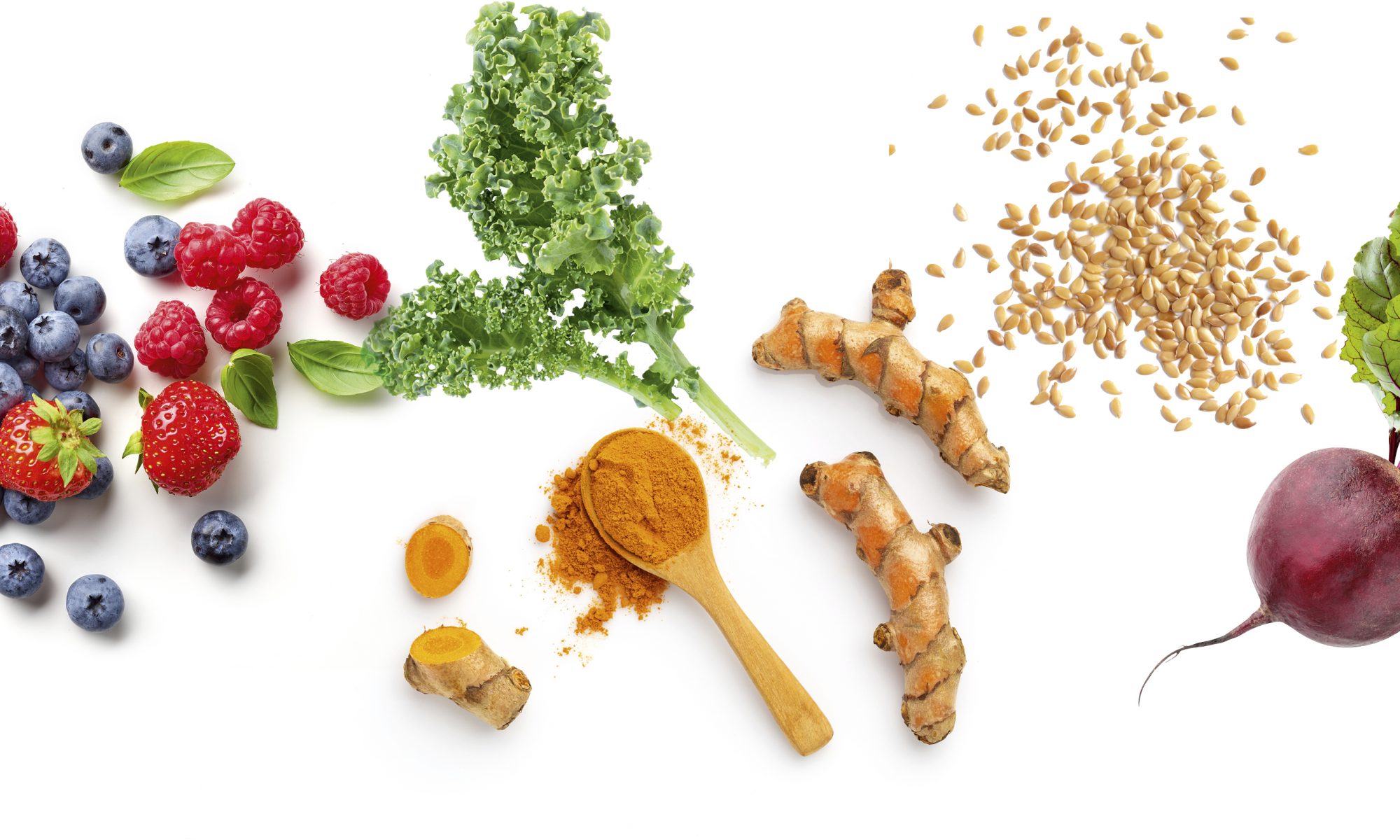Nutrition & Lifestyle Coach Charlotte Lau looks into healthy eating for toddlers
In a recent study, experts have warned that British toddlers have one of the worst diets in the world, with the majority of calories coming from foods which have been linked to a host of health problems. A study of children’s diets in eight countries found that under-5s in the UK have the highest consumption rate of mass-produced, ready-made foods, where 61% of the energy intake of British children aged two to five years old came from ultra-processed foods. Many toddlers have fluctuations in appetite and can be selective in their food choices and this is completely normal, so learning to guide your child to make better food choices that support growth, development, mood, immunity and future health outcomes is incredibly important. Toddlers need three meals and some snacks each day, which should be made up of around five+ portions of fruit and vegetables, five portions of starchy carbohydrates, three portions of dairy and alternatives, two+ portions (three if vegetarian) of protein and a small amount of fat.
Step away from… highly processed snacks
The amount and variety of ultra-processed snacks in the baby and toddler aisles at the supermarket is huge and can contribute to our toddlers’ intake of unhealthy highly processed foods. Sweet fruit pouches, cereal bars, toddler biscuits, puffed vegetable sticks and rice cakes are all so irresistible, but they can be packed with fat, salt and sugar. Instead try to offer snacks that are made of whole foods, e.g. vegetable sticks with hummus, cheese chunks, nut butters on apple or banana slices, fresh fruit with a dollop of natural yoghurt, homemade biscuits or muffins. Try to avoid offering too much dried fruit like little raisin packets, as these can get stuck in teeth and cause decay. Avoid fizzy drinks and minimise fruit juices, as both are high in sugar. Water and milk are the best choices.

Learn to… establish good habits
There are many things that can impact children’s eating habits, from teething and sickness to activity levels, sleep and their environment. A positive atmosphere at home is key to encouraging good eating behaviours. Don’t give up after introducing a new food just once, as it can take between five and fifteen times before a child will accept a new food. Your reaction and attitude to trying new foods can be really influential on your child, so try to be as relaxed as possible before and during meal times. Be a role model for eating a variety of different foods and cultivate a positive relationship towards food intake. Try to limit offering sweet treats as a reward, making a child feel guilty for others being less fortunate, or insisting on a clean plate, as these may trigger a negative relationship with food in the long run. Make food fun! Include children in shopping and cooking from a young age, encourage experimentation with food (get messy!), and eat as a family as much as possible.

Give it a go… Cook from scratch more
A poor diet doesn’t provide enough of the crucial nutrients needed to keep you in optimal health and, longterm, it could also have life-limiting effects. Ensuring that your kitchen is full of a healthy, colourful and diverse range of foods is one of the best things you can do for your child’s diet. Try to cook more from scratch; swap breakfast cereals for scrambled eggs and avocado with wholegrain toast, or porridge topped with fresh berries. Swap oven chicken nuggets and chips for roast chicken and homemade potato wedges as well as introducing simple swaps like white breads and rolls for the wholegrain variety or white pasta for lentil or wholewheat versions. Making fresh smoothies, soups or pasta sauces is a great way of including extra vegetables without too much effort (and in disguise if needed). Make use of your freezer and batch cook your favourite meals. Stock up with frozen veg like peas, sweetcorn and mixed bags which are great if time is a constraint. There’s no need to add additional salt to your child’s diet at any age unless you have been told to do so by a health professional.
Charlotte runs Plume Nutrition, where she offers support and advice for weight management, controlling cravings, sleeplessness, stress and increasing energy levels. Find out more at plumenutrition.com
istockphoto.com, miwa_in_oz , Magone, chokja, Elena Tsvetkova, Drazen Zigic, vaaseenaa
You may also like
Heat Wave!
Sarah Maxwell explains how to exercise when you’re dealing with hot flushes Exercising during menopause can be challenging in many ways. If hot flushes are a familiar part of your journey, you’re not alone. Many women know all too well...
Nourish to Flourish
Nutrition & Lifestyle Coach Charlotte Lau explores the benefits of incorporating another healthy ingredient into our diets. This month it’s cherries One of my personal favourites… English cherry season. This small, but delicious, stone fruit doesn’t last long, so make...
Take me to… a UK Staycation
We’re kicking off our new travel feature with a collection of ideas to get you trying something new with explorative and adventurous trips Cornish Escape The Park, Cornwall is an award-winning holiday village, just a short stroll from Mawgan Porth...










